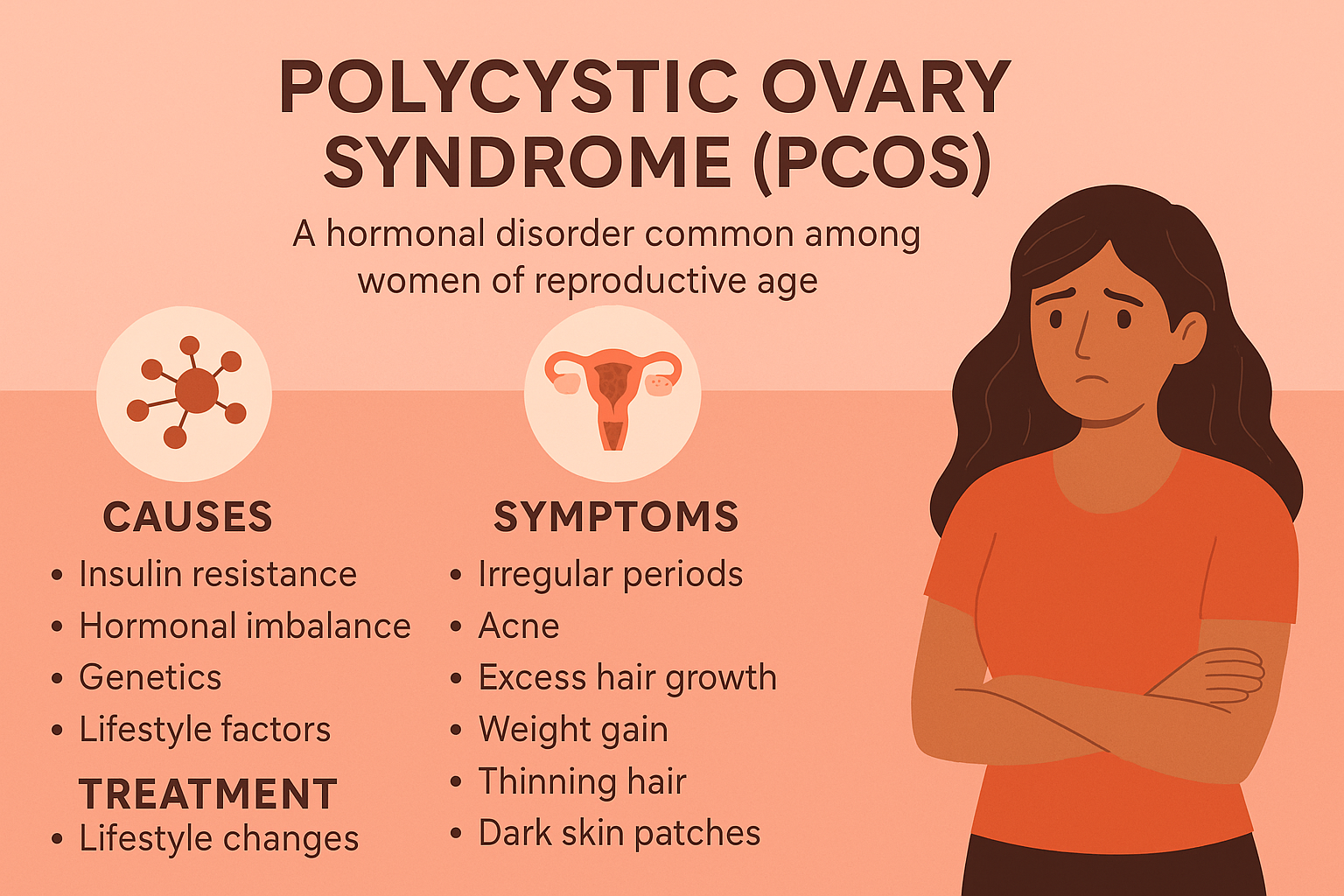Recent studies reveal that nearly 50% of infertility cases in India now involve male factors, signaling a growing sexual health concern. Lifestyle choices, environmental pollution, and lack of awareness are major contributors.
Doctors emphasize that men rarely discuss fertility issues openly, which delays diagnosis and effective treatment. Experts warn that early intervention is essential to prevent long-term reproductive complications.
Understanding the Causes
Several factors contribute to the rise in male infertility in India:
- Lifestyle and diet: Sedentary habits, processed foods, obesity, and alcohol consumption reduce sperm quality.
- Environmental toxins: Exposure to pesticides, plastics, and industrial chemicals affects hormone levels and sperm production.
- Stress and mental health: Chronic stress and anxiety can negatively impact reproductive hormones.
- Medical conditions: Diabetes, varicocele, and hormonal imbalances play a significant role.
These causes often act together, creating cumulative effects on male reproductive health over time.
Statistics Highlight the Scale of the Problem
Research shows that sperm counts among Indian men have declined by 20–30% over the last decade. Urban men are disproportionately affected due to pollution, lifestyle habits, and high stress levels.
Fertility clinics report an increase in consultations from men aged 25–40, who previously would have delayed seeking medical advice due to social stigma.
The Social and Emotional Impact
Male infertility affects not only physical health but also mental wellbeing and relationships. Many men experience anxiety, depression, and low self-esteem, while couples face communication challenges and societal pressure.
Experts recommend couples counseling, lifestyle modification, and timely medical evaluation to mitigate both emotional and physiological impacts.
Steps to Improve Male Fertility
Men can take proactive steps to protect and enhance fertility:
- Adopt a healthy diet: Include fruits, vegetables, whole grains, and antioxidants.
- Exercise regularly: Moderate physical activity boosts testosterone and sperm quality.
- Avoid toxins: Minimize exposure to plastics, pesticides, and industrial chemicals.
- Manage stress: Meditation, yoga, and therapy can improve hormonal balance.
- Seek medical guidance: Early evaluation and treatment for conditions like varicocele or hormonal imbalances.
Role of Public Awareness and Healthcare
Experts stress that male infertility is preventable and treatable, yet awareness remains low in India. Public campaigns, educational programs, and destigmatization efforts are essential to encourage men to seek timely medical advice.
Healthcare providers are increasingly promoting screening programs, fertility clinics, and teleconsultations to address these issues more effectively across urban and rural regions.
Q&A: Understanding Male Infertility
Q: Why is male infertility rising in India?
A: Lifestyle habits, environmental toxins, stress, and delayed healthcare access are key contributors to declining fertility.
Q: Can infertility be reversed in men?
A: Many cases can improve with lifestyle changes, medical treatment, or assisted reproductive technologies depending on the underlying cause.
Q: Does age affect male fertility?
A: Yes, sperm quality gradually declines with age, especially after 35–40 years, impacting conception chances.
Q: Should both partners be tested for infertility?
A: Absolutely. Infertility often involves factors from both partners, and early diagnosis improves treatment outcomes.
FAQ: Male Fertility Awareness
Q1: How can men maintain healthy sperm counts?
Balanced diet, regular exercise, avoiding toxins, stress management, and timely medical checkups are crucial for reproductive health.
Q2: Are environmental pollutants a major factor?
Yes. Pesticides, industrial chemicals, and heavy metals can reduce sperm count and quality significantly.
Q3: Can mental health affect fertility?
Stress, anxiety, and depression negatively influence hormonal balance, leading to reduced sperm production and sexual dysfunction.
Q4: When should men consult a fertility specialist?
Men should seek evaluation if conception fails after one year of regular unprotected intercourse or if they have known health risks.
Conclusion
The rise of male infertility in India represents a hidden sexual health crisis that requires urgent attention. Awareness, lifestyle modification, and timely medical evaluation can improve outcomes for couples.
By destigmatizing male reproductive health, encouraging early consultations, and promoting preventive measures, India can address this growing issue effectively and enhance overall sexual wellness.
Disclaimer:
The information provided in this article is for general informational purposes only and should not be considered medical advice. Always consult a qualified physician or healthcare professional before starting any new health practice, treatment, or following the tips mentioned here.




